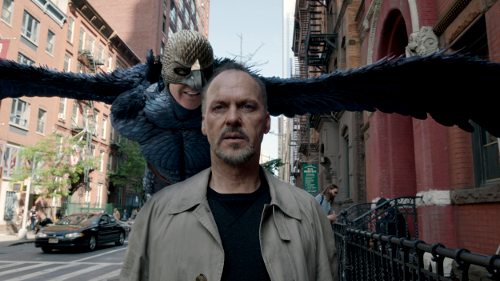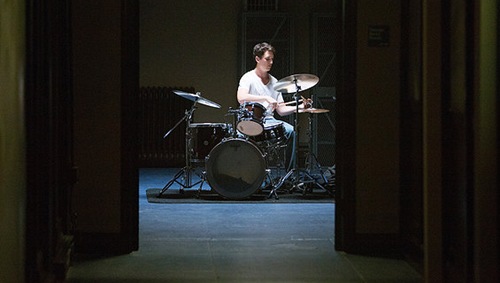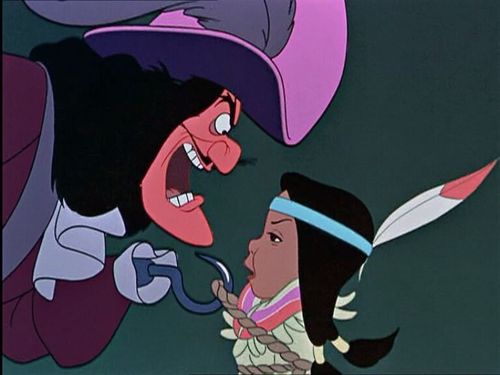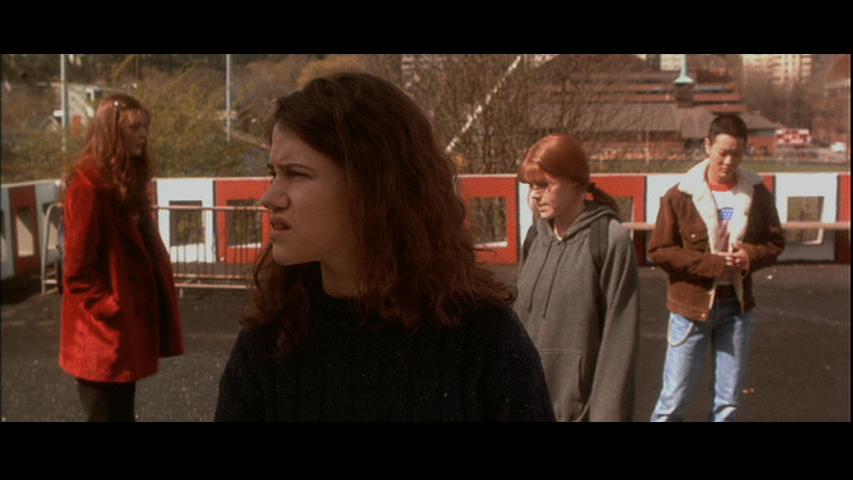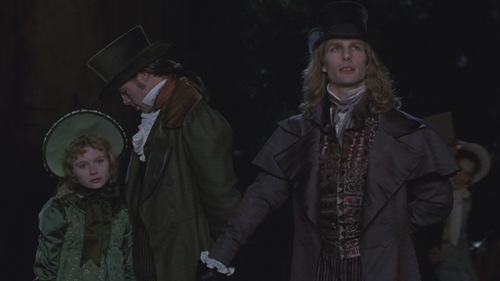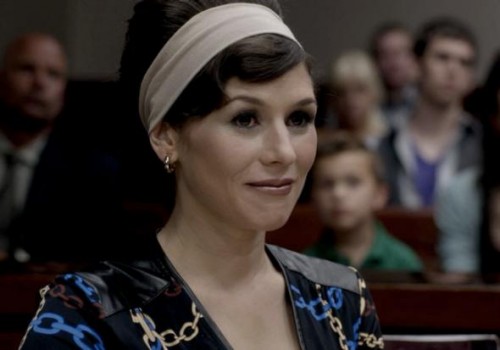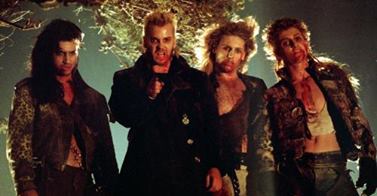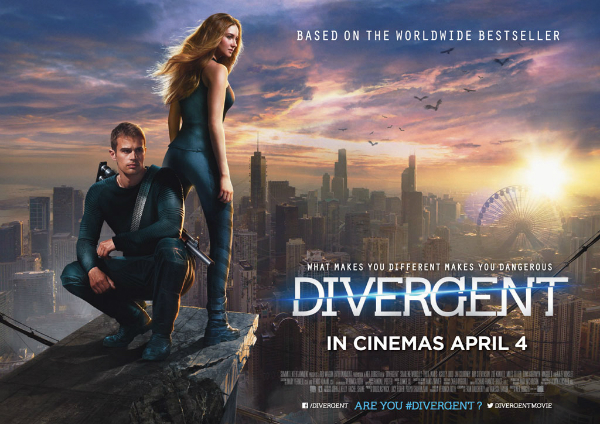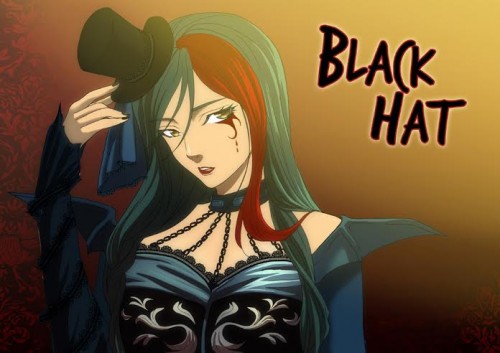‘Little Miss Sunshine’: Masculinity’s Losers
As each male character tackles a personal problem which has either implicit or explicit links to normative constructions of successful masculinity, ‘Little Miss Sunshine’ examines the burden of this masculine ideal. So difficult to maintain yet so embedded in the social, cultural, economic, and political conceptualization of “manliness,” men who fail to embody this ideal inevitably become marked out as “losers.”

